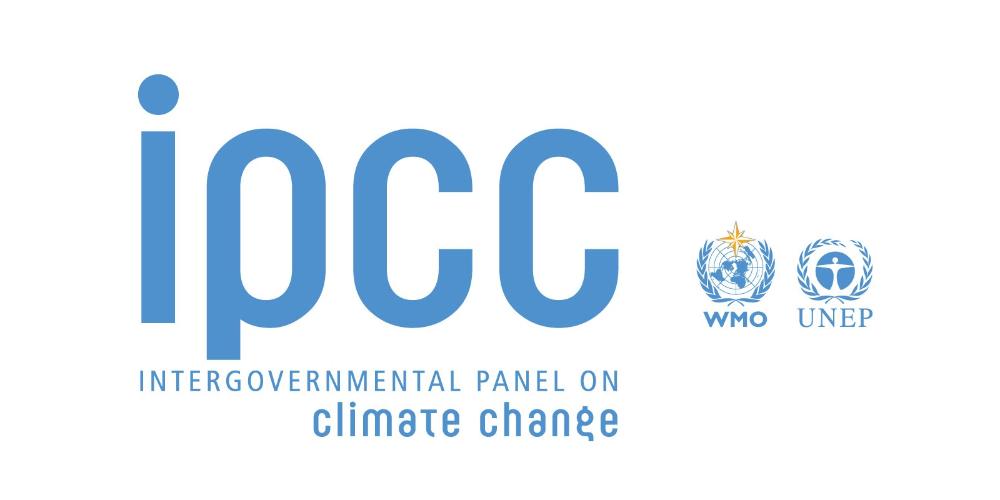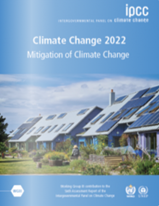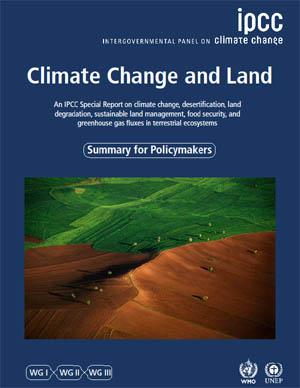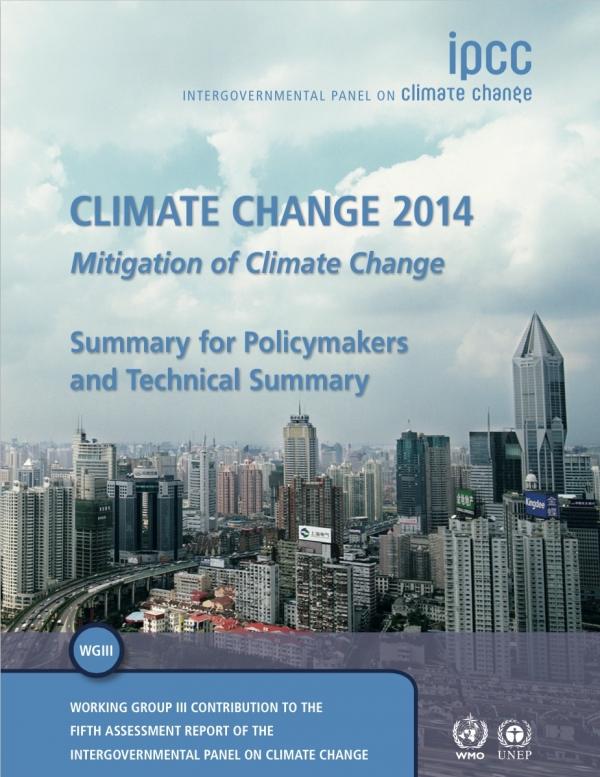Intergovernmental Panel on Climate Change - Indecol Ecology Programme
The Intergovernmental Panel on Climate Change

The Intergovernmental Panel on Climate Change’s (IPCC) was created to provide policymakers with regular scientific assessments on climate change, its implications and potential future risks, as well as to put forward adaptation and mitigation options.
IPCC 7th Assessment Report (in production)
The Synthesis Report of the Seventh Assessment Report will be produced after the completion of the Working Group reports and released by late 2029.
Professor Anders Hammer Strømman has been appointed Coordinating Lead Author (CLA) for the Seventh Assessment Report (AR7) of the IPCC. He will lead the chapter on "Transport and Mobility Services and Systems" in Working Group III, which focuses on climate change mitigation.
The chapter will evaluate the entire transport chain, including vehicle, maritime, and aviation technologies, energy carriers and fuels, as well as public transportation, equitable access to mobility, and strategies for reducing overall transport demand.
Interview: NTNU Professor Receives Prestigious Author Role in the Intergovernmental Panel of Climate Change (in Norwegian)
IPCC 6th Assessment Report: Mitigation of Climate Change (2022)
IPCC has finalized the third part of the Sixth Assessment Report on April 4th, 2022.

Professor Anders Hammer Strømman was lead author of chapter 10 “Transport”.
This chapter examines the transport sector’s role in climate change mitigation. It appraises the transport system’s interactions beyond the technology of vehicles and fuels to include the full life cycle analysis of mitigation options, a review of enabling conditions, and metrics that can facilitate advancing transport decarbonization goals. The chapter assesses developments in the systems of land-based transport and introduces two separate sections focusing on the trends and challenges in aviation and shipping. The chapter assesses the future trajectories emerging from global, energy, and national scenarios and concludes with a discussion on enabling conditions for transformative change in the sector.
Senior Researcher Helene Muri contributed towards Chapter 6 on “Short-lived Climate Forcers” and Chapter 10 “Transport”.
Chapter 6 assesses the changes, in the past and in a selection of possible futures, of the emissions and abundances of individual SLCFs primarily on global to continental scales, and how these changes affect the Earth’s energy balance through radiative forcing and feedback in the climate system. The attribution of climate and air‑quality changes to emissions sectors and regions, and the effects of SLCF mitigations defined for various environmental purposes, are also assessed.
Podcast: Getting to Net Zero
IPCC Special Report on Climate Change and Land (2019)
This IPCC Special Report is the second Special Report to be produced in the IPCC Sixth Assessment Cycle (AR6).

IPCC 5th assessment report: Mitigation of Climate Change (2014)

Professor Edgar Hertwich was a lead author of chapter 7 “Energy systems” and the methods annex. The energy systems chapter addresses issues related to the mitigation of greenhouse gas emissions (GHG) from the energy supply sector. The energy supply sector comprises all energy extraction, conversion, storage, transmission, and distribution processes that deliver final energy to the end-use sectors.
Professor Daniel Müller was lead author of chapter 12 “Human Settlements, Infrastructure and Spatial Planning”. This chapter addresses the shift from more rural to more urban societies and how to mitigate the consequences for greenhouse gas emissions and climate change.
